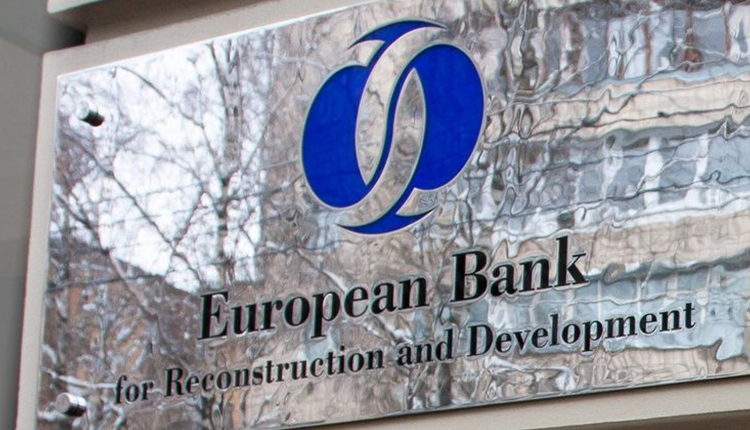European Bank for Reconstruction and Development’s (EBRD) first-half investments in Egypt tripled year-on-year with €459 million from €166 million in 2019 as the Bank responded rapidly to the needs of emerging economies grappling with the impact of the coronavirus.
The first project launched in Egypt following the outbreak of the pandemic was a $ 200 million financing package to QNB ALAHLI to support local businesses and trade followed by a similar arrangement for National Bank of Egypt.
Local businesses received an additional boost through credit lines to CIB and NBKE, each receiving a $100 million loan, providing the liquidity needed during this crisis.
Total financing by the EBRD in all 38 economies where the Bank invests rose to just over €5 billion in the first six months of the year, compared with €3.7 billion a year earlier and a previous first half record of €3.9 billion in 2016.
The EBRD invests to promote sustainable and inclusive private sector development across 38 emerging economies ranging from Estonia to Egypt and Morocco to Mongolia.
The economic impact of Covid-19 on the EBRD regions has been severe and in its latest forecast in May the Bank warned of “unprecedented uncertainty”.
In March the EBRD unveiled its coronavirus Solidarity Package – a series of measures put in place to meet the regions’ immediate needs while also preparing for robust recovery once the pandemic is over.
A key pillar of the Solidarity Package is a framework providing emergency liquidity and working capital to existing clients.
Demand for the emergency funding has been strong and the new facility accounted for over €1 billion of total EBRD financing in the month of June alone.
In April the EBRD said it would dedicate the entirety of its activities to tackling the Covid-19 pandemic and that it expected to invest some €21 billion through to the end of 2021.
Since the outbreak of the virus, the pace of disbursements has been consistently faster than in 2019.
Donors have stepped up to support the Bank’s Solidarity Package with a record volume of contributions for the first half of the year, providing much-needed grant and concessional co-financing.
Covid-19 has severely affected trade flows and access to trade finance, so the EBRD increased support for commerce under its Trade Facilitation Programme.
In the first half of 2020 the Bank financed over 1,000 trade deals with a record turnover of €1.9 billion. It has raised its total exposure limit under the programme by 50 percent to €3 billion.
In addition to focusing on the immediate response to the coronavirus, the EBRD is working to ensure that recovery from the pandemic will be resilient and sustainable and in line with global climate goals
that preserve commitments to a low carbon economy.
In July the EBRD unveiled ambitious proposals to become a majority green bank by 2025.
In addition to its financial investments, the EBRD has concentrated on its policy work to help the economies in its regions respond to the impact of the pandemic.
As a result there have been positive developments in the renewables industry in Kazakhstan, while in Egypt amendments to securities legislation, supported by the EBRD, are expected to bring in more international investors.
